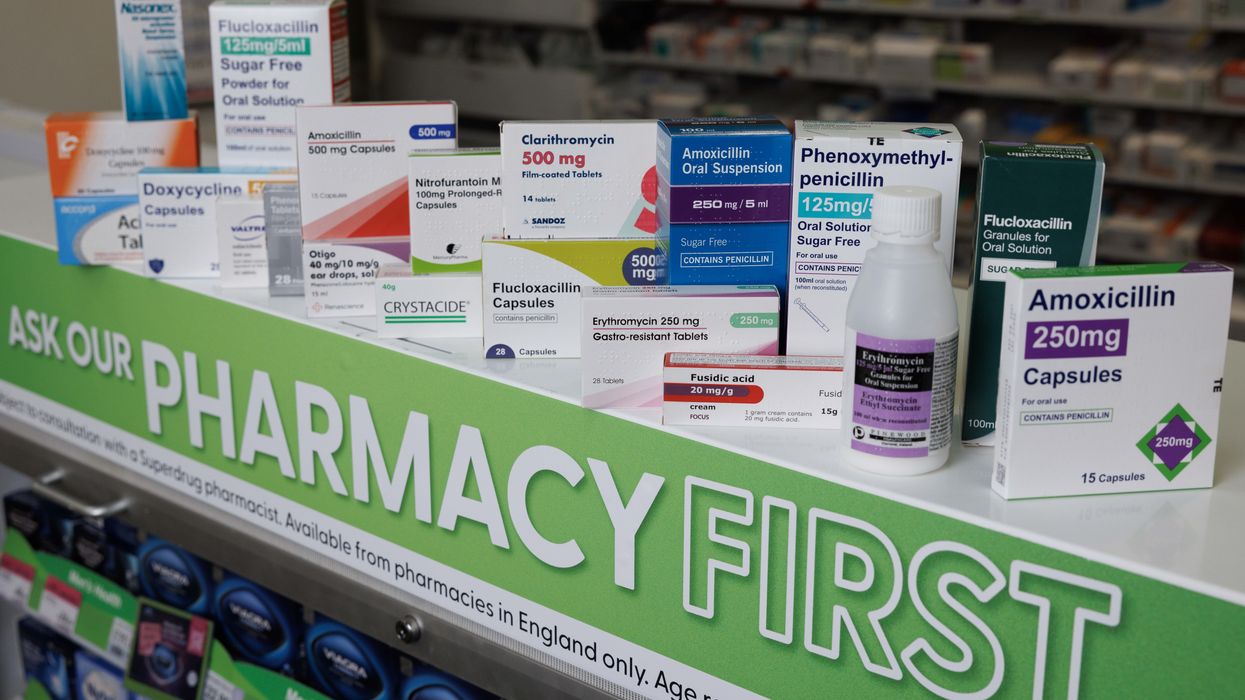A failure to tackle the ongoing crisis over medicine shortages could lead to ‘destabilising’ the community pharmacy sector and further ‘undermine’ patient care, according to MPs and peers
A new report from the All-Party Parliamentary Group (APPG) on pharmacy called for urgent action to ensure shortages do not become the ‘new normal’.
Steve Race, chairman of the APPG on pharmacy, said the impact of medicine shortages is having a detrimental impact on society.
“Whether it is a parent unable to access antibiotics for a sick child, an elderly patient facing delays in obtaining life-sustaining medication, or a pharmacist overwhelmed by the need to source alternatives, the human impact is both visible and deeply troubling,” he wrote.
The report highlighted that impact medicine shortages is having on patients with conditions such ADHD (attention deficit hyperactivity disorder), menopause and diabetes.
More than nine in 10 pharmacists, GPs and prescribers told an APPG survey ADHD medicines had been affected by shortages.
Around three quarters (76 per cent) said HRT and diabetes drugs had been affected, while 44 per cent said antibiotics.
Race warned that these shortages are having a significant impact on patients’ ability to access treatments and in some cases are having serious impact on patients’ health and well-being.
He revealed that its causing ‘frustration, dangerous delays in care, and unnecessary anxiety and harm’.
“Medicines shortages have moved from isolated incidents to a chronic structural challenge for both the NHS and pharmacy sector,” he added.
“As Government continues to recognise and invest in the expanded clinical role of community pharmacy, we must ensure the medicines supply chain underpinning that care is equally robust, resilient and patient-focused.
“Pharmacy is central to NHS recovery and transformation, but frontline teams cannot safely expand clinical services while daily supply disruptions continue to impact the health of patients.”
The report has urged for the government to make medicines security a core component of NHS planning, alongside funding, workforce and digital infrastructure.
The Department and Health and Social Care is currently working on plans that will see pharmacists allowed to make dose and formulation changes during shortages.
“Failure to act risks further undermining patient care and destabilising a community pharmacy sector that millions depend upon,” said Race.
A Department of Health and Social Care spokesperson said: “This government inherited ongoing global supply problems, but we have robust measures in place to mitigate disruption for patients.
“We are working to build the resilience of medicine supply chains and prevent future disruption as we get the NHS back on its feet.
"We have recently agreed an extra £617 million of funding over two years with Community Pharmacy England to support the sector and provide patients with more services closer to home as part of our 10 Year Health Plan.”












